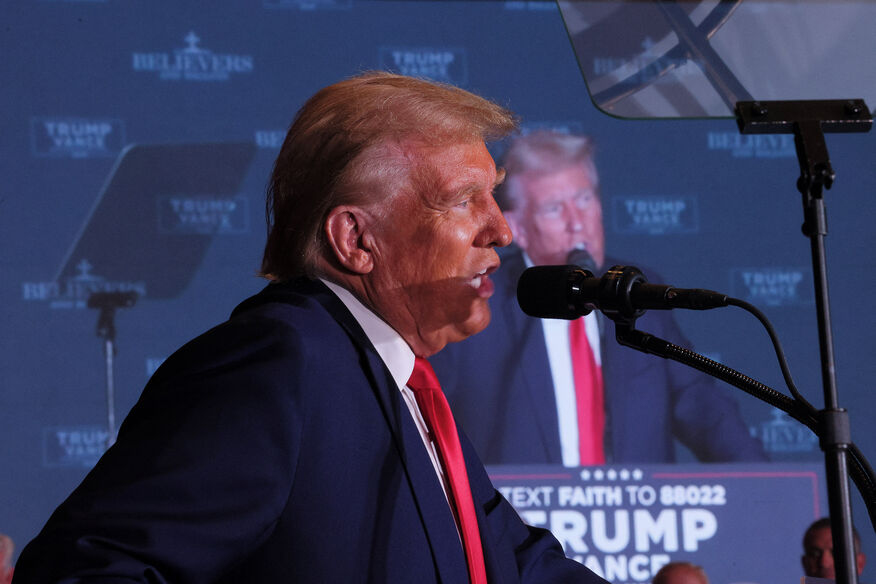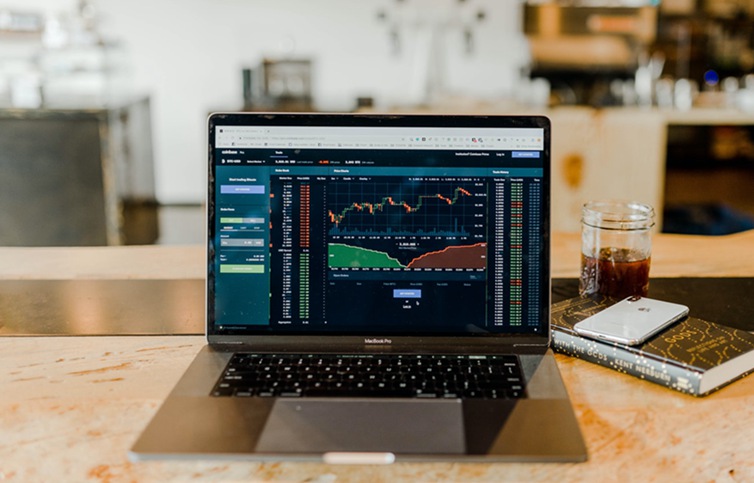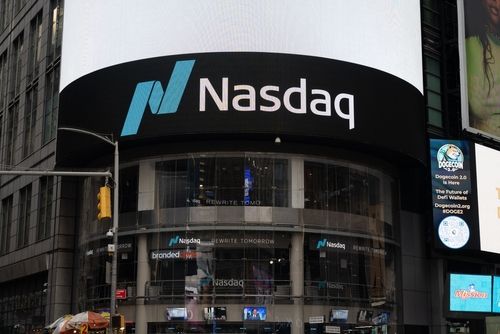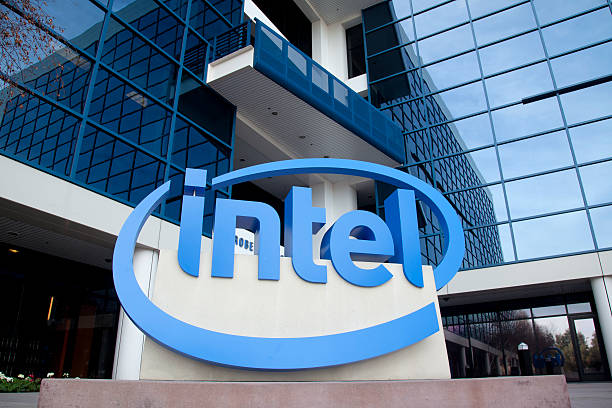President-Elect Trump’s New Cabinet: How Will These Appointments Impact Stocks?


TradingKey - For investors, with Donald Trump set to take office as President of the US for a second time in January 2025, it’s sure to be an eventful four years.
President-elect Trump has already been making headlines given his reported plans once he takes office. Earlier this week, he wrote on Truth Social – an X-like social media platform – that he would implement 25% tariffs on Canada and Mexico imports as well as an additional 10% on imports from China.
That’s just an example of what could be to come when Trump takes office. Of course, to implement his agenda he will need a willing and able cabinet to form his government. President-elect Trump has been busy making key appointments for his incoming administration.
Here’s what his new government will look like and how these individuals will impact stock markets.
Mix of crucial cabinet picks
For those monitoring the incoming Trump administration, there’s a lot to dissect about his various picks. While some of his unorthodox picks have made headlines (such as anti-vaccine figure Robert F Kennedy Jr as Health Secretary), his picks in the financial and commerce space will likely have the biggest impact on stock markets.
In this area, some of Trump’s picks have been making waves on Wall Street. First off, his pick as Secretary of Commerce, Howard Lutnick, is seen as a sign of Trump’s intent on trade and tariffs. Lutnick is Chairman and CEO of investment firm Cantor Fitzgerald and is a billionaire in his own right.
The Commerce Department is a key link between the federal government and the US private sector, meaning that Lutnick will play a key role in helping facilitate Trump’s policies. Primarily, he will oversee Trump’s trade and tariff agenda in his role, with “direct responsibility for the Office of the United States Trade Representative” according to Trump himself.
While he’s a pro-free market advocate, Lutnick has also previously complained about American manufacturing jobs moving overseas. However, with the Commerce Department’s main objective to promote domestic jobs and economic growth, Lutnick may end up being pragmatic and less radical than feared given his Wall Street background. That should lead to more of a positive outcome for stock markets.
On the other hand, there are some more controversial picks, like his pick of Jamieson Greer to lead the US Trade Representative Office. He’s a trade lawyer who was the Chief of Staff to former USTR head Robert Lighthizer, who served in the role during Trump’s first term in office.
As a result, Greer took part in the initial negotiations with China for the “Phase 1” trade deal that would have seen China buy up to US$200 billion worth of US goods, starting in January 2020. As a result, investors expect him to drive a hard bargain in trade negotiations with China and other nations.
Optimism surrounding Treasury pick
Of course, stock markets were watching Trump’s picks when it came to trade but another important appointment was Secretary of the Treasury. Ultimately, the president-elect picked Scott Bessent as Treasury secretary and his role at the Treasury will be to participate in formulating broad fiscal policies that impact the US economy, as well as managing the public debt.
It’s an important position in any presidential cabinet and Scott Bessent is a former Wall Street hedge fund manager. His appointment was seen as a positive development by the market given Bessent’s more gradual approach to implementing tariffs.
Tellingly, stock markets jumped and Treasury yields fell on news of his appointment – highlighting the market’s worries over someone more extreme being appointed. That the markets jumped higher implies that investors feel that Bessent will be a “moderating” influence over Trump’s more extreme policies in office.
With traditional Wall Street veterans in the key positions of Secretary of Commerce and Treasury secretary within the incoming administration, it gives investors more confidence that – at the end of the day – decisions there will be made based on what’s good for the markets and economy.
Musk and the DOGE
Elsewhere, Elon Musk, CEO of Tesla Inc (NASDAQ: TSLA), made headlines during the campaign for his vociferous support of Donald Trump. Now that Trump has won the election, he has appointed Musk as the head of the Department Of Government Efficiency (DOGE).
Musk claims he’ll be able to slash up to US$2 trillion from what he calls “wasteful” government spending and he also aims to cut red tape (i.e. bureaucracy) for businesses.
With deregulation likely in areas such as crypto, energy and financial services, there could be some big winners in those sectors once Trump is in office. Remember that Trump is a big fan of crypto and has sparked off a massive rally in the price of Bitcoin.
Some winners and some losers
As with any incoming presidential administration, there will likely be some winners and also some losers in the stock market.
The obvious “winners” will likely be in areas where regulation is loosened (like financial services and energy, particularly oil & gas) while sectors that could see more regulation and a less friendly political environment include the likes of healthcare and renewable energy.
Overall, though, the market has taken Trump’s cabinet picks in their stride and seem to be more positive about the direction of the incoming administration and its impact on the stock market.






.jpg)
